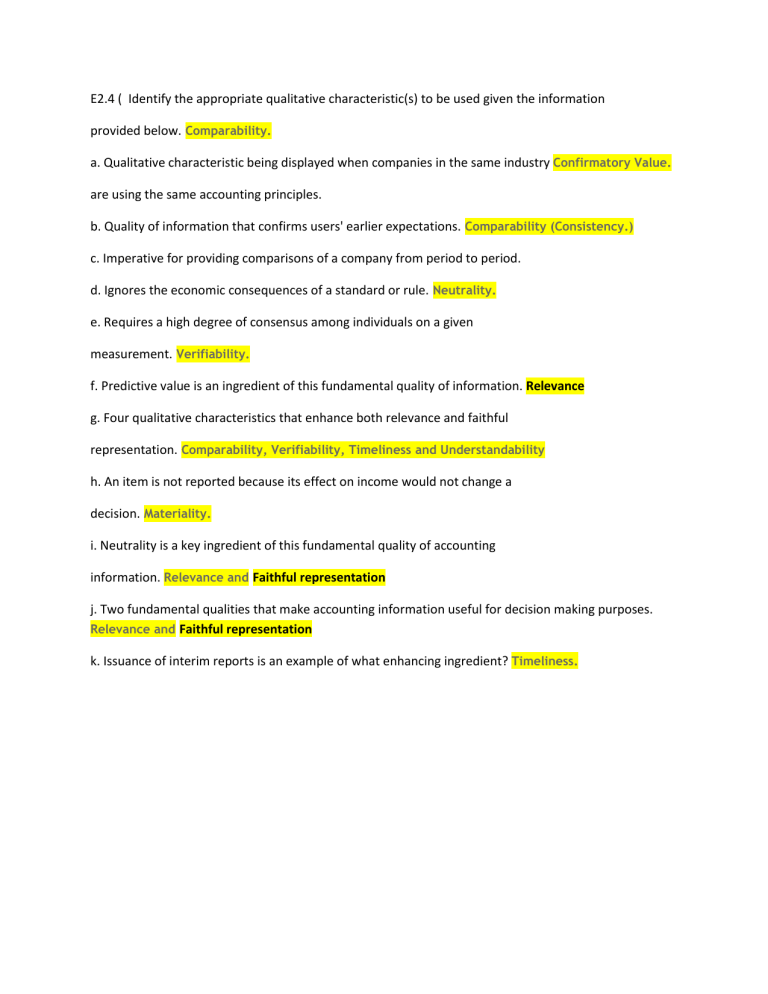Generative AI in Financial Reporting and Accounting Deloitte US
Category : Bookkeeping
This should include direct costs (hardware, software, and employee training) as well as indirect savings (time saved, reduction in manual errors, and enhanced productivity). While the upfront costs may be high, the long-term benefits in terms of efficiency and accuracy make AI a cost-effective solution for many businesses. Demonstrating these benefits helps secure leadership buy-in and justifies the initial expenditure.
Enhanced Fraud Detection and Risk Management
It allows users to extract and ingest data automatically, and use formulas on the data to process and transform it. The future of artificial intelligence for accounting looks promising, with technology evolving to take on more advanced roles in financial management. One of the major calendar year AI trends in accounting is the increasing use of AI to support and enhance decision-making processes. Similar to other domains where decision-making is involved, AI is transforming the accounting space as well, with Its ability to process large amounts of data in mere seconds being one of the crucial reasons for the shift. Artificial intelligence can lower the risk of human error in financial reporting and reconciliation by automating activities.
- Whether or not you’re on the artificial intelligence (AI) bandwagon, you’ll want to pay attention to the rapid advances in the generative pretrained transformer, better known as GPT, the large learning model used by ChatGPT.
- For example, AI can assess a client’s financial history, market conditions, and economic forecasts to offer tailored investment strategies or tax planning advice.
- From automating data entry and reconciliation to detecting anomalies and assisting in decision-making, AI has made significant improvements in the lives of accounting professionals.
- AI’s automation capabilities directly translate into cost savings for businesses.
- This allows AI to handle large volumes of data quickly and accurately, freeing up accountants and bookkeepers to focus on more complex and strategic aspects of their work.
Trend #1: Using AI for data summarization, organization, and analysis
Staying updated on emerging trends in AI, such as real-time reporting, blockchain integration, and AI-powered financial advisory services, will help businesses stay competitive in a rapidly evolving landscape. Partnering with experts, such as Prismetric, the best AI development company in Australia, can further support businesses in smoothly navigating this transition. With routine tasks handled by AI, accountants can dedicate more time to offering value-added services such as financial consulting, tax planning, and strategic advisory.
And the best thing you can do right now is to understand it and learn how best to use it. Sign up for a free account with ChatGPT or next-generation AI assistant Claude.ai and start asking questions. Whether or not you’re on the artificial intelligence (AI) bandwagon, you’ll want to pay attention to the rapid advances in the generative pretrained transformer, better known as GPT, the large learning model used by ChatGPT. © 2024 KPMG LLP, a Delaware limited liability partnership and a member firm of the KPMG global organization of independent member firms affiliated with KPMG International Limited, a private English company limited by guarantee. Here’s how leading-edge finance teams are using AI to deliver results today—and paving the way for the exciting new AI-driven opportunities ahead. Leading companies have moved AI finance initiatives from proof-of-concept pilots to full-scale rollouts, tapping into new operating capabilities and competitive advantages while maintaining strong governance.
How artificial intelligence can help save accounting
OCR transforms printed or handwritten text into machine-readable formats, streamlining the data entry process average total assets for accountants. This technology not only saves time but also ensures data accuracy by eliminating manual input errors. AI tools are known for churning large amounts of data that enables accounting teams to detect discrepancies or regulatory non-compliance during the auditing process. This improves audit efficiency while ensuring the integrity of financial statements.
AI Tools Every Accountant Should Know About
Clear objectives help in selecting the right AI solutions and optimizing their use across different accounting functions. Engaging with experts offering AI Development Services can assist in identifying tailored use cases that meet your business needs. About half of all tasks U.S. workers perform could be completed faster by generative AI without losing quality, according to a 2023 study by University of Pennsylvania researchers and OpenAI, the company that developed ChatGPT. Already, 24% of top-performing client advisory services (CAS) practices use AI, according to the 2022 CAS Benchmark Survey by CPA.com and the AICPA’s Private Companies Practice Section (PCPS). For AI in financial reporting to be truly impactful and sustainable, independent auditors will need to continue to enhance their own AI understanding and capabilities as well.
By embracing AI technology, businesses can not only improve efficiency and accuracy but also position themselves as leaders in innovation. The future of accounting lies in the strategic integration of AI, and taking incremental steps now will set the stage for long-term success in the industry. The integration of AI and blockchain represents a powerful combination for enhancing transparency and fraud prevention in accounting. From initial setup to training, testing, and integration with existing systems, the financial investment required can be substantial. Businesses need to evaluate the costs against the expected return on investment (ROI). Calculating ROI includes not only the immediate savings from automating tasks but also long-term benefits like improved accuracy, reduced errors, and the ability to how to find dropshipping suppliers and wholesalers scale without significantly increasing labor costs.







